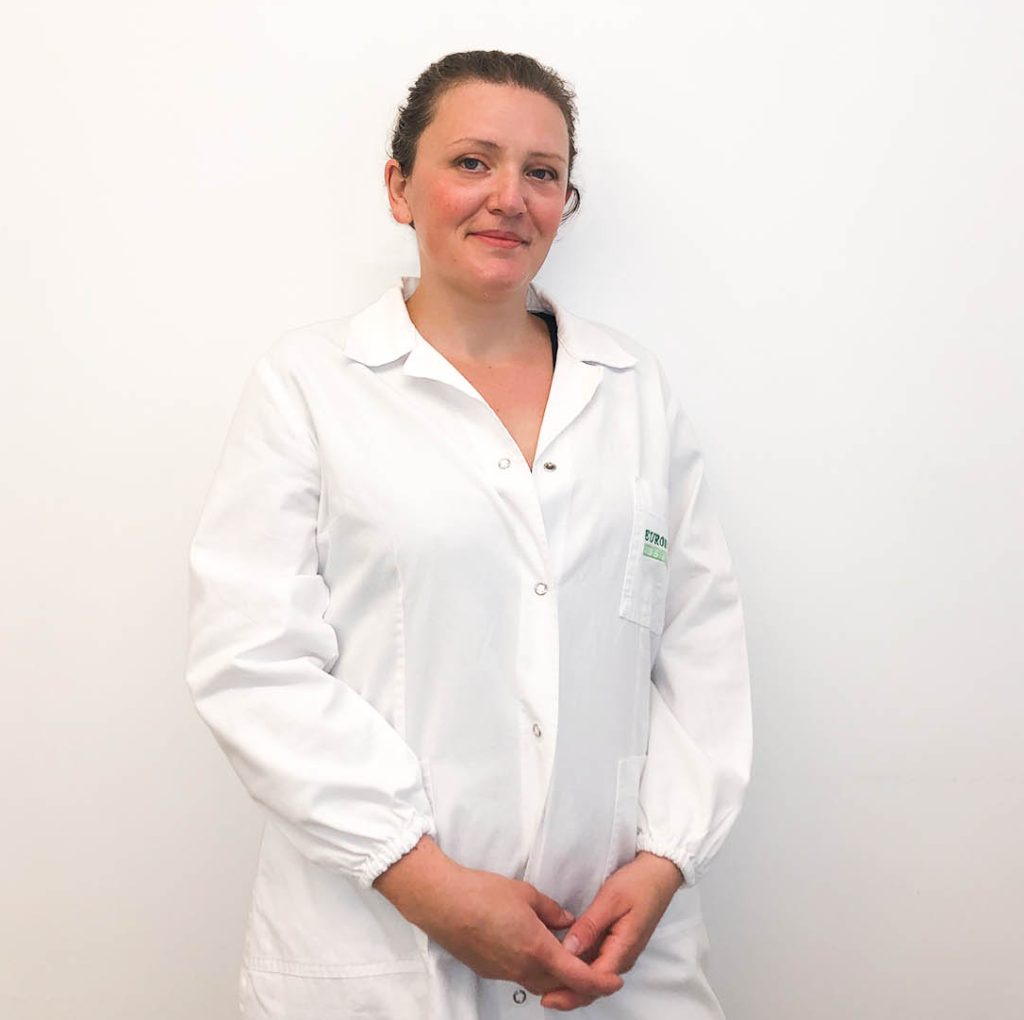The study of the pathologies and physiology of the female reproductive system are the object of study of a specific branch of Medicine: Gynecology and Obstetrics.
The gynecologist is the Specialist Physician to whom to turn for a gynecological checkup or during the period of the pregnancy. An important difference with physicians specializing in other branches of Medicine lies in the fact that a gynecological examination is performed and recommended at all times, not only in the presence of overt pathology or disease.
The Pap test is a cytological examination, which is a laboratory test that, through the analysis of cervical cells , allows early detection of possible cervical cancer formation. It is recommended to have a Pap test from the age of 25 onward, every 3 years .
The cell sample needed for analysis (pap test), is taken directly from the patient’s cervix after dilating the vagina with a disposable speculum. In order for the Pap test to be as reliable as possible, it is recommended: to avoid having sexual intercourse in the 24 hours prior to the pap test, not to perform vaginal douches and not to insert vaginal eggs as well as spermicidal products/creams/foams into the vagina in the 48 hours prior, to undergo the test at least 5 days before or after the menstrual cycle, and not to have blood loss when the pap test is performed.
The analysis of the sample of cells taken during the Pap test can be of two types: Traditional or liquid phase (thin-prep). A positive Pap test result does not necessarily imply the possibility that cervical cancer is developing but rather implies the presence of abnormal cells, the nature of which must be investigated with further follow-up examinations such as colposcopy and cervical biopsy.























